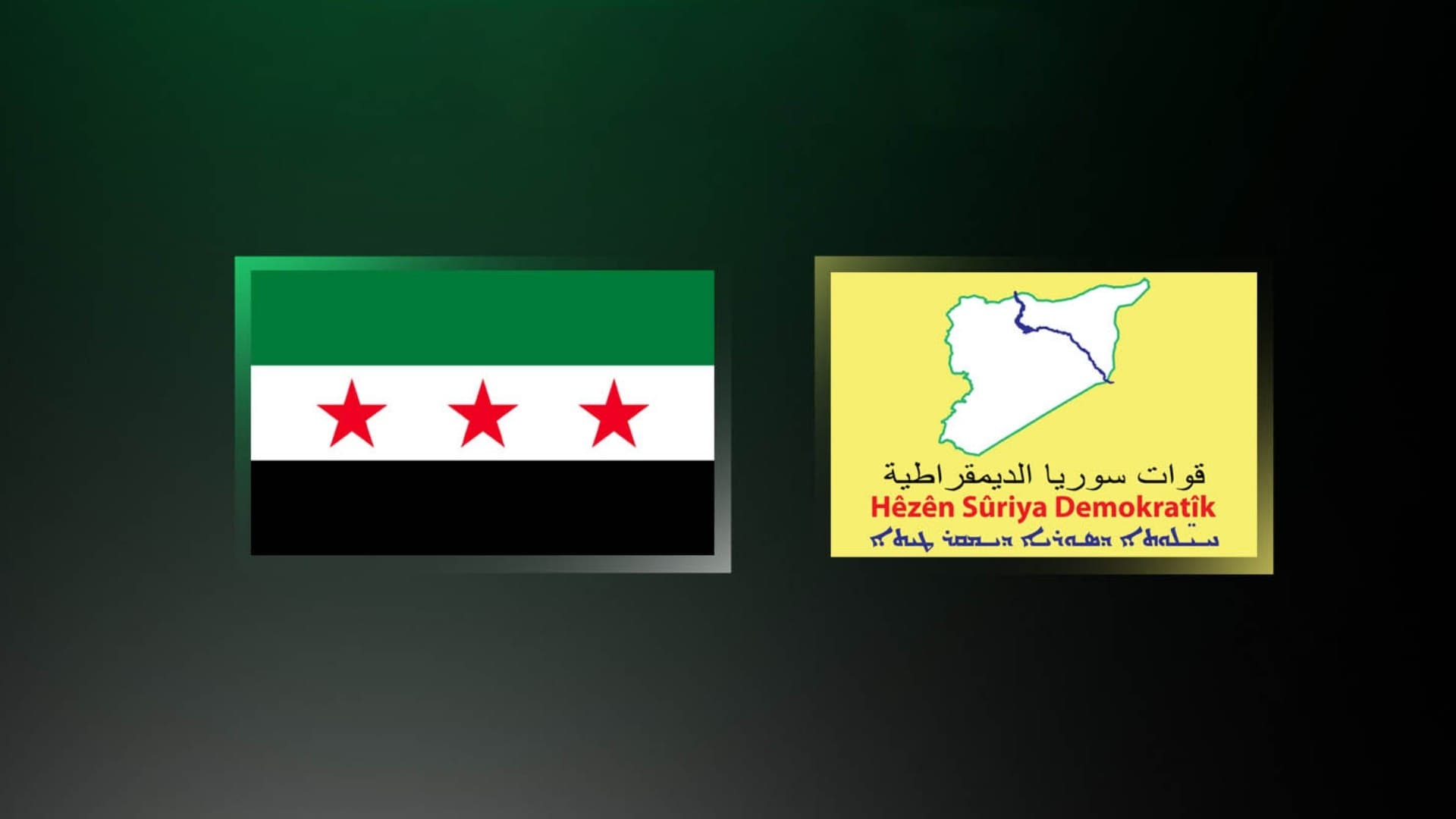The Syrian Democratic Forces (SDF) have called on the international community and the United Nations to reject Syria"s upcoming parliamentary elections, scheduled for next month. This will be the first election since the fall of President Bashar Assad, but it notably excludes Kurdish-controlled northeast Syria (Rojava) and the Druze-majority Suwayda province due to alleged "security challenges."
Kurdish officials have criticized the electoral process as "undemocratic," arguing that it undermines the political representation of significant segments of the Syrian population. The SDF"s statement highlights concerns that the elections will not reflect the true will of the Syrian people, particularly those in regions excluded from the voting process.
These elections come amid ongoing tensions in Syria, where various factions continue to vie for control. The SDF, a key player in the fight against ISIS, has previously expressed frustration with the Syrian government and its allies over their handling of the political landscape. As previously reported, similar situations have arisen in other regions where governance and representation are contentious issues.
As the elections approach, the SDF"s appeal raises questions about the legitimacy of the electoral process and its implications for Syria"s future stability. The international community"s response may shape the political landscape in the region, affecting not only Syrian citizens but also the broader dynamics of Middle Eastern politics.




![[Video] Putin ready to refrain from deep strikes in Ukraine during elections](/_next/image?url=%2Fapi%2Fimage%2Fthumbnails%2Fthumbnail-1766158260919-wednc8-thumbnail.jpg&w=3840&q=75)


![[Video] Gunfire between Iraqi security forces and Sadr militias in Baghdad](/_next/image?url=%2Fapi%2Fimage%2Fthumbnails%2Fthumbnail-1768343508874-4redb-thumbnail.jpg&w=3840&q=75)
